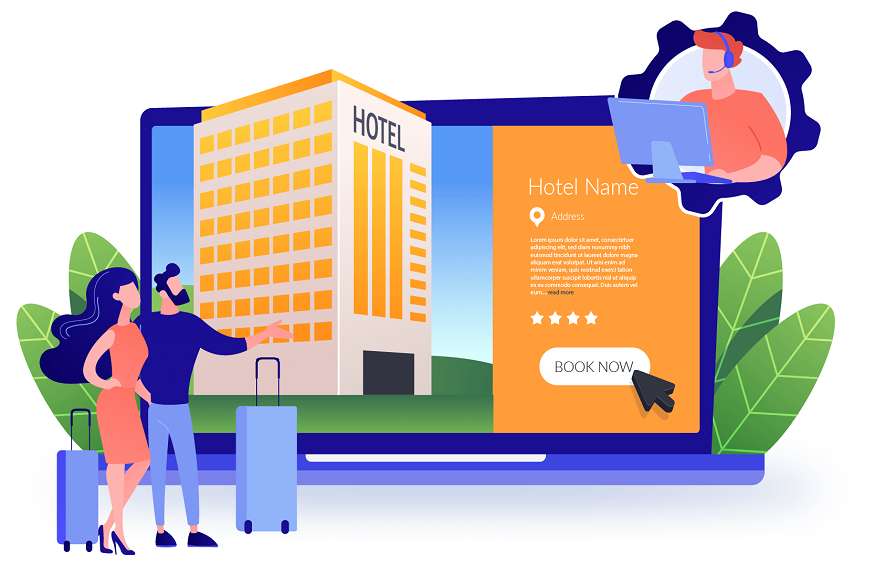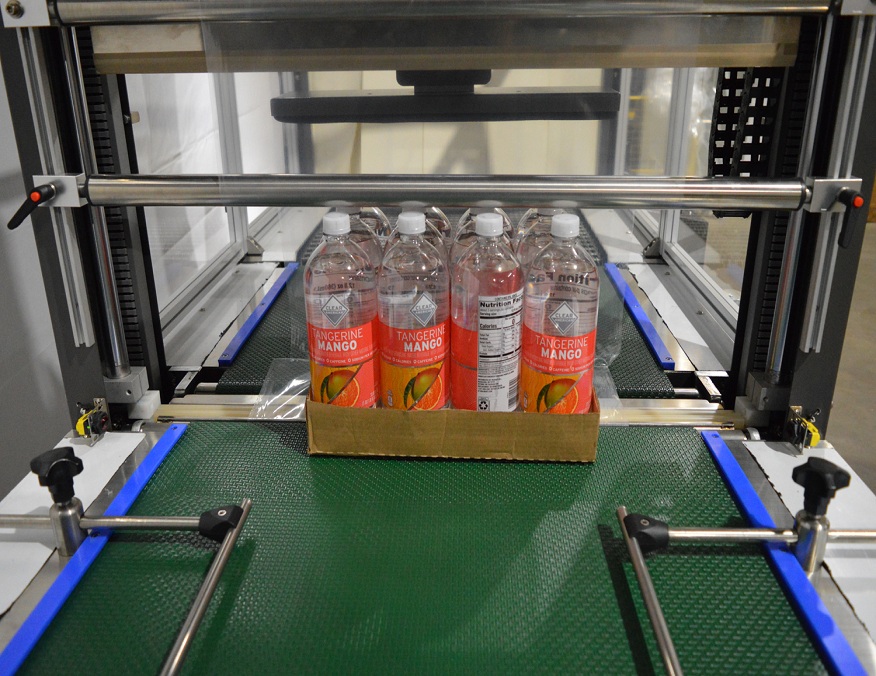In the high speed and serious universe of cordiality, the outcome of an inn relies on the consistent coordination and proficient administration of various tasks. From guest reservations to room assignments, inventory management to accounting, and everything in between, hotel management systems have emerged as essential tools that revolutionize hotel operations. This article examines the numerous advantages of hotel management system and how they have evolved into the modern hospitality industry’s beating heart.
- Enhanced Guest Experience: The foundation of any successful hotel lies in the experience it offers its guests. Hotel management systems allow for personalized guest profiles, ensuring that returning customers are welcomed with familiarity and preferences. From tracking previous stays to understanding guest preferences, these systems enable hotels to create tailored experiences that leave a lasting impression on guests and foster customer loyalty.
- Efficient Reservation Management: Gone are the days of traditional pen-and-paper reservation systems. Inn the board frameworks give a concentrated stage that mechanizes the reservation interaction, permitting visitors to book rooms online whenever the timing is ideal. This smoothes out the booking system and limits the gamble of twofold appointments or mistakes, at last supporting by and large productivity.
- Streamlined Check-In and Check-Out: With hotel management systems, guests can enjoy a smooth and hassle-free check-in and check-out process. Computerized registrations decrease stand by times, permitting visitors to consistently sidestep the front work area and access their rooms.Likewise, streamlined check-outs expedite the departure process, making it more convenient for guests while freeing up staff to focus on other aspects of guest services.
- Optimal Room Allocation:Efficient room allocation is a crucial aspect of hotel operations, and hotel management systems are equipped to handle this task with precision. Through real-time data and insights, these systems can optimize room allocation based on guest preferences, room availability, and even factors like maintenance requirements, ensuring maximum occupancy and guest satisfaction.
- Inventory and Resource Management:Managing inventory and resources in a hotel is a complex and dynamic task. Hotel management systems allow for meticulous control of inventory levels, ensuring that essential supplies are always available when needed. From linens to toiletries, from food and beverage supplies to technical equipment, these systems help prevent shortages and wastage, leading to significant cost savings.
- Efficient Staff Management:The success of a hotel also relies on its workforce, and hotel management systems play a crucial role in optimizing staff management. By automating scheduling, tracking attendance, and managing workloads, these systems facilitate better communication among staff members and departments, leading to improved productivity and reduced operational errors.
- Seamless Accounting and Financial Management:A well-integrated hotel management system simplifies the complex world of accounting and financial management. From processing payments to generating invoices, from monitoring expenses to handling payroll, these systems ensure accuracy and compliance, allowing hoteliers to make informed financial decisions and streamline their revenue management strategies.
- Data-Driven Decision Making:The treasure trove of data generated by hotel management systems empowers hoteliers to make data-driven decisions. By analyzing guest preferences, occupancy rates, revenue patterns, and other key performance indicators, hotel managers can identify trends and opportunities for improvement, ultimately enhancing the overall guest experience and maximizing revenue.
- Improved Communication and Guest Engagement:Effective communication with guests is vital for any hotel to thrive. Hotel management systems enable seamless communication through automated emails, messages, and notifications, keeping guests informed about promotions, events, and updates. Additionally, feedback mechanisms integrated into these systems allow hotels to actively engage with guests and respond to their concerns promptly.
- Enhanced Security and Privacy:Data security and guest privacy are paramount in the hospitality industry. Hotel management systems employ robust security measures to protect sensitive guest information and financial transactions. Through user access controls and encryption, these systems mitigate the risk of data breaches, earning guests’ trust and safeguarding the hotel’s reputation.
- Integration with Online Travel Agencies (OTAs):Hotel management systems often integrate seamlessly with popular online travel agencies (OTAs) and booking platforms. This integration ensures that room availability and rates are automatically updated across different channels, reducing the risk of overbooking and maximizing room occupancy. This efficient connection with OTAs expands the hotel’s online visibility, reaching a broader audience and increasing the chances of attracting potential guests.
- Efficient Housekeeping Management:Housekeeping is a critical aspect of maintaining a clean and comfortable environment for guests. Hotel management systems can optimize housekeeping operations by providing real-time updates on room statuses. Housekeeping staff can access their assignments, track their progress, and communicate with other departments through the system, ensuring a smooth and efficient workflow.
- Seamless Maintenance Tracking:Hotels require regular maintenance and repairs to keep their facilities in top condition. Hotel management systems can help track maintenance tasks and schedules, ensuring that equipment and amenities are well-maintained. By implementing proactive maintenance practices, hotels can prevent unexpected breakdowns and minimize disruptions for guests.
- Centralized Customer Relationship Management (CRM):A robust CRM integrated into the hotel management system allows hoteliers to maintain a centralized database of guest information, preferences, and communication history. This comprehensive view of guest interactions enables hotels to personalize services and promotions, leading to enhanced guest satisfaction and increased loyalty.
- Eco-Friendly Practices:Sustainability and eco-friendliness have become essential considerations for modern consumers, including hotel guests. Hotel management systems can contribute to eco-friendly practices by optimizing resource usage, reducing paper waste through digital communication, and encouraging guests to participate in green initiatives. These efforts not only appeal to environmentally conscious guests but also contribute to cost savings for the hotel.
In conclusion, pmshotel management software have emerged as a transformative force in the hospitality industry, revolutionizing the way hotels operate and enhancing the overall guest experience. From efficient reservation management to optimized room allocation, from streamlined check-ins to data-driven decision-making, these systems are the backbone of modern hotel management. By leveraging technology to its fullest, hotels can stay competitive in an ever-evolving market, delivering unparalleled guest experiences and securing their position as industry leaders. Embracing hotel management systems is not just a trend; it is a strategic imperative that paves the way for continued success and growth in the hospitality domain.




